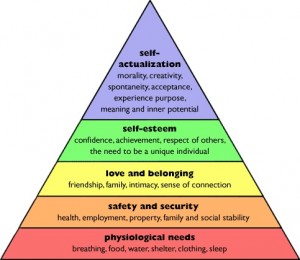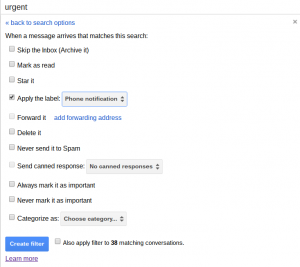By Nikki Clifton
As we continue to navigate the challenges of global crises, it’s safe to say the logistics industry has been put to the test. Optimizing supply chains across industries has become more crucial than ever. The need for prompt delivery of supplies and the ability to switch delivery locations at a moment’s notice has been vital, particularly in recent humanitarian contexts like Turkey and Syria.
At UPS, we have long recognized the vital role of supply chain resiliency and the power of smart logistics to improve health outcomes in underserved communities, including rural, racial, and ethnic minority populations. Over the years, we have honed our expertise in humanitarian relief and resilience work in low- and middle-income countries, allowing us to develop a deep set of core response principles.
Emphasizing preparedness and mobilization, technology and innovation, and collaboration as pillars to success, we have learned valuable lessons to improve access to critical health and humanitarian support. From managing uncertainty to ensuring equity, here are some key lessons we’ve learned that can be applied to any industry.
Manage for uncertainty
By adopting a practice of risk management and contingency planning responsive to supply chain disruptions—such as natural disasters, political instability, economic downturns, and other events—businesses can respond quickly and effectively to mitigate impact. Take, for example, the disaster response to the earthquake in Turkey and Syria, during which UPS mobilized its global logistics services quickly to provide supplies like food, healthcare, and shelter to affected communities.
To manage for uncertainty, leverage your logistics provider’s regional hubs and work with your response partners to pre-position relief items and specialized supplies in those hubs.
Consider activating a command center to monitor and track shipments. With your data in hand, employ predictive analytics to forecast potential supply chain disruptions that enable your teams to build contingency plans.
Finally, talk with your partner organizations to understand their needs. For example, what support can you provide to help them navigate complexities such as customs requirements? These broad views can enable you to act with speed and innovation when the unexpected occurs.
Proximity matters
Your proximity to local communities and familiarity with their unique knowledge and assets is invaluable. Collaborating with local partners allows organizations to develop innovative approaches tailored to specific regions, enhancing their responsiveness.
For example, the non-profit organization WaterStep developed a new approach for distributing water treatment equipment to areas in East and South Africa. This included locating its distribution center in Johannesburg, so they can be in closer proximity—and more responsive—to local communities. Organizations that tap into and trust local resources and expertise ensure sustainable and resilient operations over the long term.
Ensure equity
Now, more than ever, we need to take a people-centered approach, grounded in the diversity, culture, experience, and socioeconomic realities of the communities we serve. People want to actively engage with organizations in making decisions that will impact their home communities and the planet. And they are demanding action from governments and businesses alike on local, national, and global levels.
Engage in meaningful partnerships, hire and train individuals from the same communities you operate within, and incorporate feedback from those communities into your logistics planning process. One such example of equity in action is United Nations High Commissioner for Refugees (UNHCR). With a focus on cultural competence in program design and implementation, they tailor program delivery to meet the unique needs and priorities of refugee, rural, and underserved populations. In doing so, they improve humanitarian supply chain logistics by tracking critical supplies and providing up-to-date information about items most urgently needed by people in remote and rural areas.
Build trust
Building trust through public-private collaboration is fundamental to addressing global challenges and delivering vital goods and services when they are needed most. Collaborative efforts between industry leaders and humanitarian partners have proven successful in delivering aid to diverse regions. Sharing best practices, resources, and expertise strengthens the relationship between the public and private sectors, demonstrating a collective commitment to global resilience.
At UPS and The UPS Foundation, we understand that public-private collaboration is crucial in providing needed goods and services at the right time and in the right quantities. As a member of the Logistics Emergency Team, comprised of four of the largest global logistics and transportation companies, the Foundation has worked closely with humanitarian partners to deliver 1.3 billion doses of vaccines to 145 countries, with more than 50 million of those to vulnerable areas with limited resources. This collaborative effort not only ensures the timely delivery of aid but also builds trust between the public and private sectors by demonstrating their shared commitment to addressing global challenges.
We incorporate the valuable lessons each of these partnerships have provided into our response principles, so we can continue to be nimble and lead with local and global partners in times of crises. We have seen firsthand the impact that preparedness, mobilization, innovation, and collaboration can have on improving health outcomes and delivering critical support to underserved populations. As we continue to work towards optimizing supply chains and strengthening community resilience, we invite others to join us in this endeavor.
By Nicole “Nikki” Clifton, president, Social Impact & The UPS Foundation

(11)








